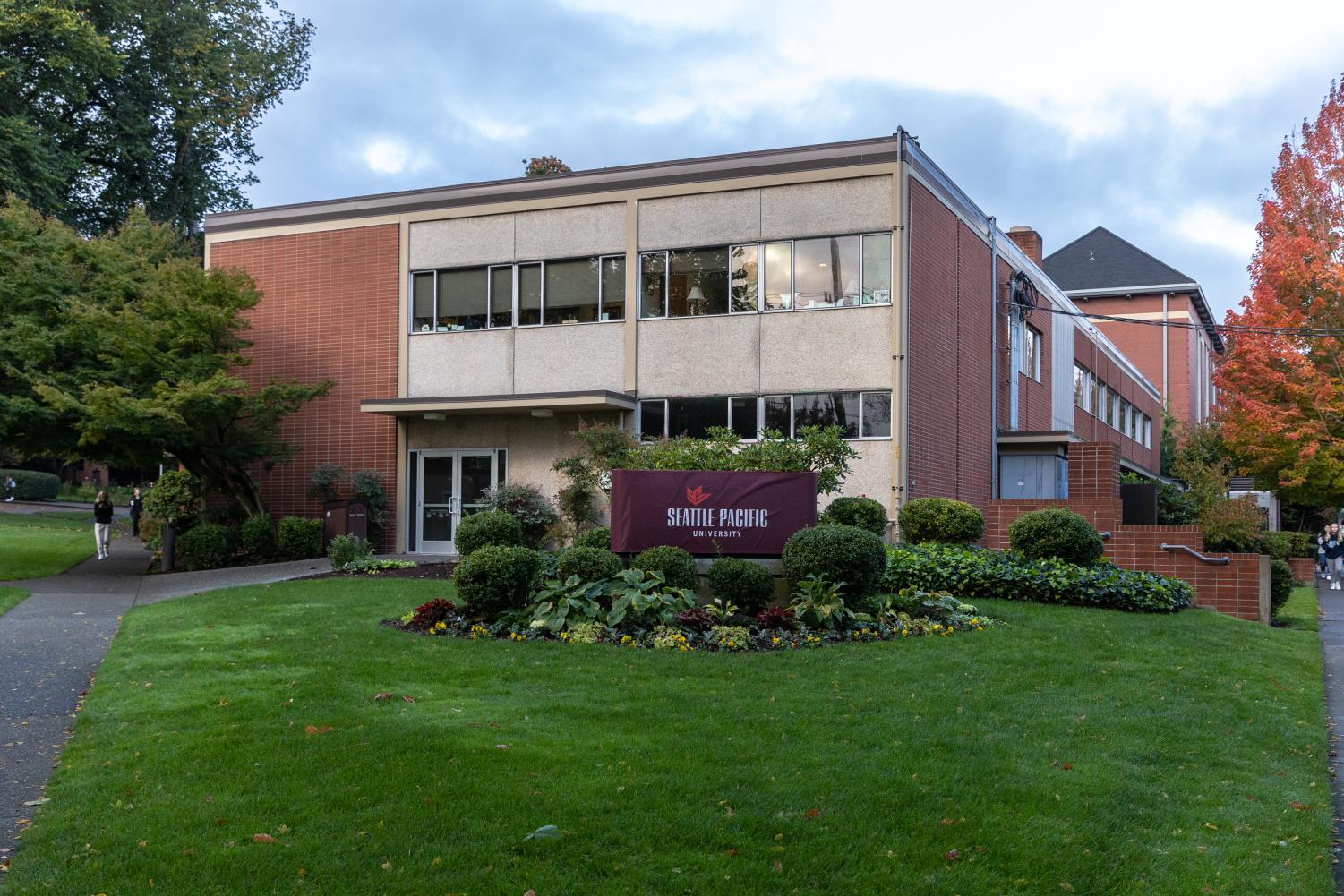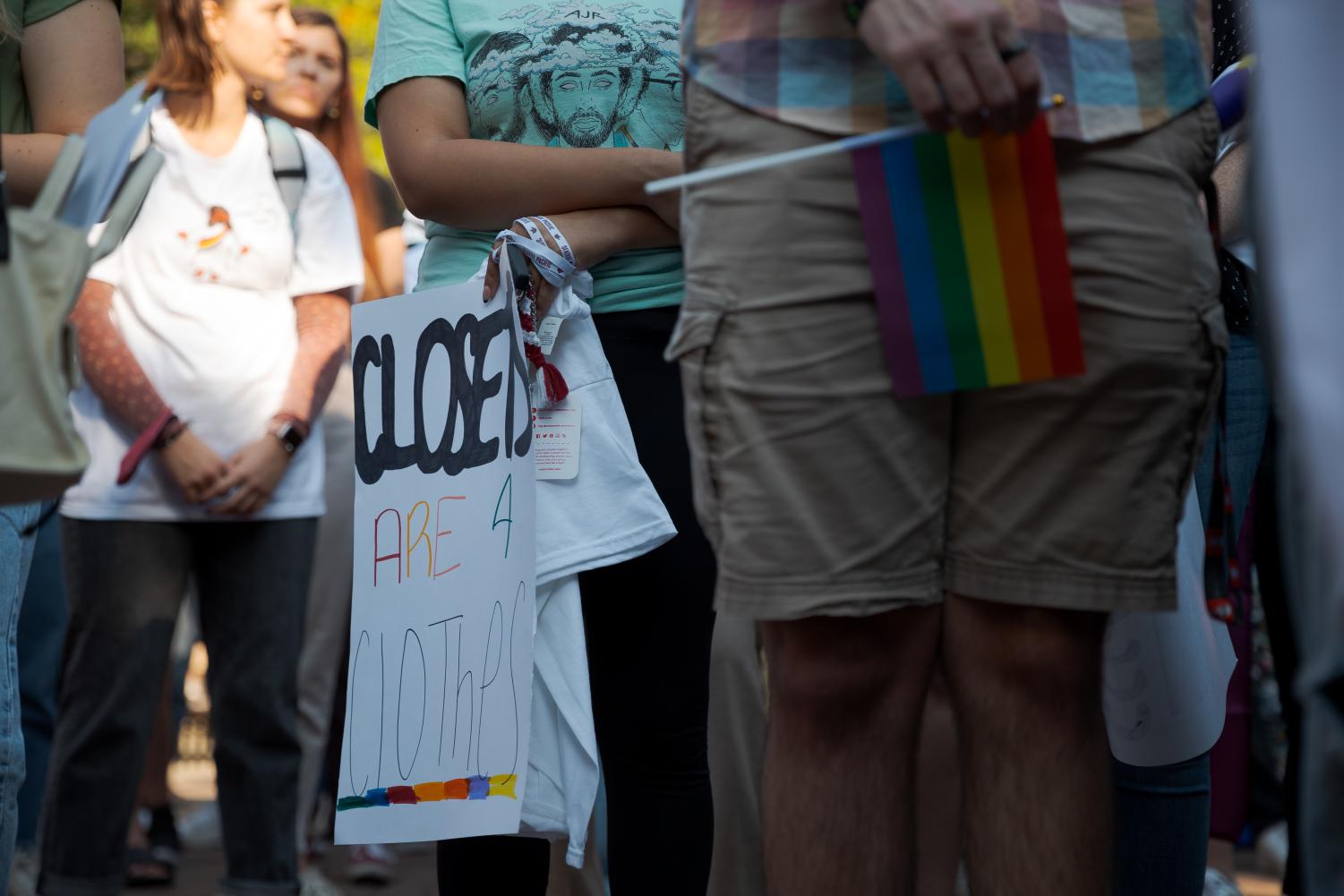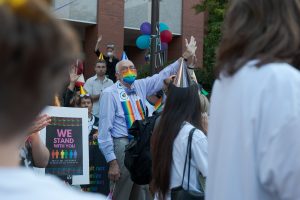“Not above the law”
Federal judge dismisses Seattle Pacific University lawsuit against Washington attorney
October 26, 2022

On Oct. 26, U.S. District Judge Robert Bryan dismissed Seattle Pacific University’s lawsuit against Washington Attorney General Bob Ferguson. The case was filed in July 2022, after Ferguson requested internal information from the university.
In response to the ruling, the attorney general’s office released a statement explaining the situation and elaborating on Ferguson’s reasoning behind his initial request.
“My office respects the religious views of all Washingtonians and the constitutional rights afforded to religious institutions … As a person of faith, I share that view. Seattle Pacific University, however, is not above the law. Instead of answering questions about its hiring process, the university filed a federal lawsuit arguing that it is above the law to such an extraordinary degree that my office cannot even send it a letter asking for information about employment policies,” Ferguson said.
SPU’s lawsuit began following a lawsuit from Ferguson’s office, stemming from SPU community members’ protests and social media campaigns asking the university’s board of trustees to change the institution’s lifestyle policy.
In a letter to the board of trustees, the attorney general’s office requested information regarding policies on the “hiring, promotion, discipline, and/or termination of University faculty, staff and administrators as it relates to their sexual orientation or status of being in a same-sex marriage and/or intimate relationship.” The letter also asked for information regarding complaints from those hired by the university and requested to see job and duty descriptions.
The letter also asked for information regarding complaints from those hired by the university and requested to see job and duty descriptions. In response to the investigation, SPU sued the attorney general on the basis of a violation of their religious freedoms.
While the latest ruling did dismiss the lawsuit, it did not decide whether the investigation by the attorney general’s office will be allowed to continue, according to Lori Windham, vice president and senior counsel at Becket Law Group, who is representing SPU along with Nathaniel Taylor of the firm Ellis, Li & McKinstry PLLC.
“We are disappointed with today’s procedural ruling, however, it did not touch on the larger issue regarding Seattle Pacific’s First Amendment rights,” Windham said. “The court did not rule on the attorney general’s unlawful investigation. We will continue to defend SPU’s right to express its faith in all aspects of university life.”
For many faculty members, this announcement is still a relief. Matt Bellinger, assistant professor of communications, is not surprised at the decision.
“I welcome the judge’s decision. I continue to be disappointed that university leadership is dedicating so much time and resources to continuing to insist on discriminating against the LGBTQ community,” Bellinger said.
Senior political science major Sañata Dawa is glad that the announcement was made because of the toll that it has had on many students.

“I think it’s been really discouraging because all the movement has been really slow,” Dawa said. “I’m really proud of the student body for the lawsuit we filled, but I’m glad the state sided with us.”
While this lawsuit is specifically an issue regarding religious freedom, the problems facing SPU run much deeper.
“They [the board of trustees] are not the victims in this. I think this just goes to show that the people who should be centered in this issue are the students and faculty and staff,” Dawa said.
William Purcell, professor of communication, journalism and film, is also pleased with the decision but is cautious about how much this will change the deeper issues on campus.
“We still have all the other stuff going on,” Purcell said. “I don’t know what’s going to change the environment much until there’s something that says SPU is willing to revisit the policy.”
SPU will remain committed to serving students in a way that honors their Christian mission, according to Interim President Pete Menjares.
“The government should not interfere with our ability to operate out of our sincerely held religious beliefs,” Menjares said. “We will continue to defend ourselves from unlawful interference with our Christian mission.”
While this news is a relief to some, it is still unclear how this will affect the future of SPU.
“I think the practical implications of where this goes next is still pretty uncertain,” Bellinger said. “I want students and the greater Seattle communities to know that there are faculty and staff at this university committed to an inclusive, equitable institution that welcomes people from all sorts of backgrounds, identities and orientations.”


























































































